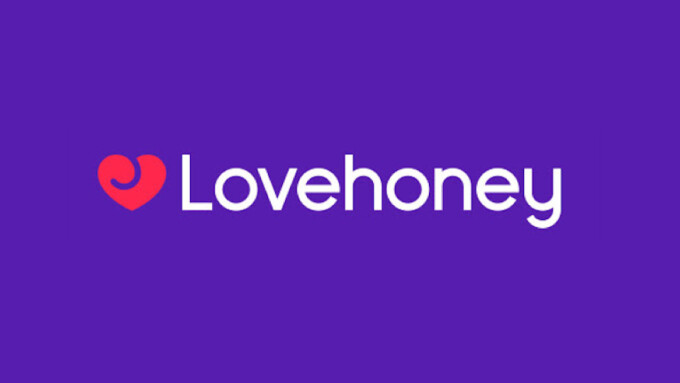LOS ANGELES — Forbes magazine highlighted the work of Lovehoney Group this past week with an in-depth feature on how the company is "redefining what the future of sexual health could look like."
The article, written by the magazine’s Marija Butkovic for the ForbesWomen vertical, hailed the 2021-formed Lovehoney Group as “the largest sexual wellness company in the world” and “in a league of its own.”
“It comprises brands such as Lovehoney, Amorana and WOW Tech that joined forces with a mission to promote sexual happiness and empowerment through design, innovation, research and development, and great customer service,” wrote Butkovic, adding that the company’s other brands include Womanizer, We-Vibe, Fifty Shades of Grey, Arcwave and Happy Rabbit.
Forbes noted Lovehoney’s status as a pioneering brand in the online pleasure product space, helping mainstream the sector by creating “an anonymous and safe place for those wishing to explore their sexuality.”
But what sets the company apart, Butkovic noted, is “consciously tackling a variety of issues spanning technology, safety, gender equality and accessibility to all consumers. Because of this, the company has introduced several research initiatives and commissioned several studies to help raise awareness about the various industries that affect consumers’ sexual happiness.”
Discrimination Against Pleasure Product Advertising
The article also emphasized corporate censorship and discrimination against the entire sector in the form of expansive moderation initiatives, usually brought about by media-driven moral panics about sexual content online and minors’ potential access to it.
Google’s updating of its SafeSearch feature, Butkovic wrote, was “implemented with the aim of protecting minors, but, now is affecting Lovehoney and other industry players’ traffic and revenue and unfairly disadvantages the companies compared to conventional retailers,” resulting in “online advertisements by sexual wellness brands such as Lovehoney being blocked from being seen by consenting adults.”
The sexual wellness category, she added, “seems, in particular, to be unfairly discriminated against and singled out with far more aggressive censorship from Google results when compared to other adult categories.”
There are many examples of how "Big Tech treated sexuality as something sinful," Johanna Rief, Lovehoney's head of sexual empowerment, told Forbes. "Yet again, the sexual wellness industry is being disproportionately targeted versus other, harmful forms of content. Once again, all we ask is to be a part of an open, transparent conversation that ensures everyone can explore their sexuality in an informed and respectful manner."
To read the full article, visit Forbes.com.








